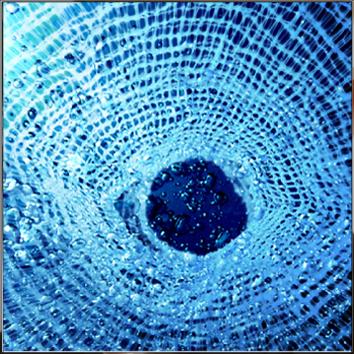 I agree with Kelvin Davis’ criticism of the eagerness of certain MÄori groups to be involved in owning and operating the new private prison, and I think it’s a strong and principled argument.
I agree with Kelvin Davis’ criticism of the eagerness of certain MÄori groups to be involved in owning and operating the new private prison, and I think it’s a strong and principled argument.
My clear preference is for no private prisons. But if there are going to be private prisons (and it looks like a certainty), then all else being equal, wouldn’t it be better if they were (part-)run by MÄori, with a kaupapa MÄori focus (on rehabilitation, restorative justice, etc)? As I remarked, and as Eddie C sketched in slightly more detail in comments to my last post on the topic, the incentives are screwy for private prisons and rehabilitation, it’s hard to measure and hard to manage and as a consequence rehabilitation is even less effective than usual. But I can’t help but think that attaching a cultural incentive — the knowledge that one’s whanaunga are actually or potentially involved — might change that picture and take a few of the harsh edges off the “business of punishment” model employed by mainstram private corrections agencies.
L
